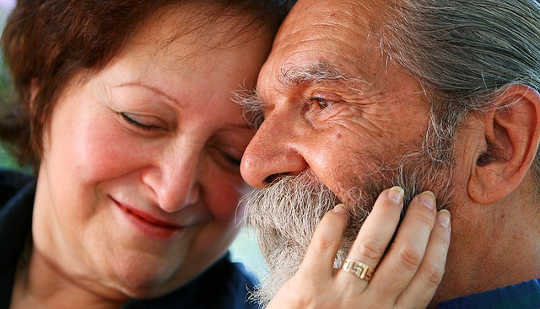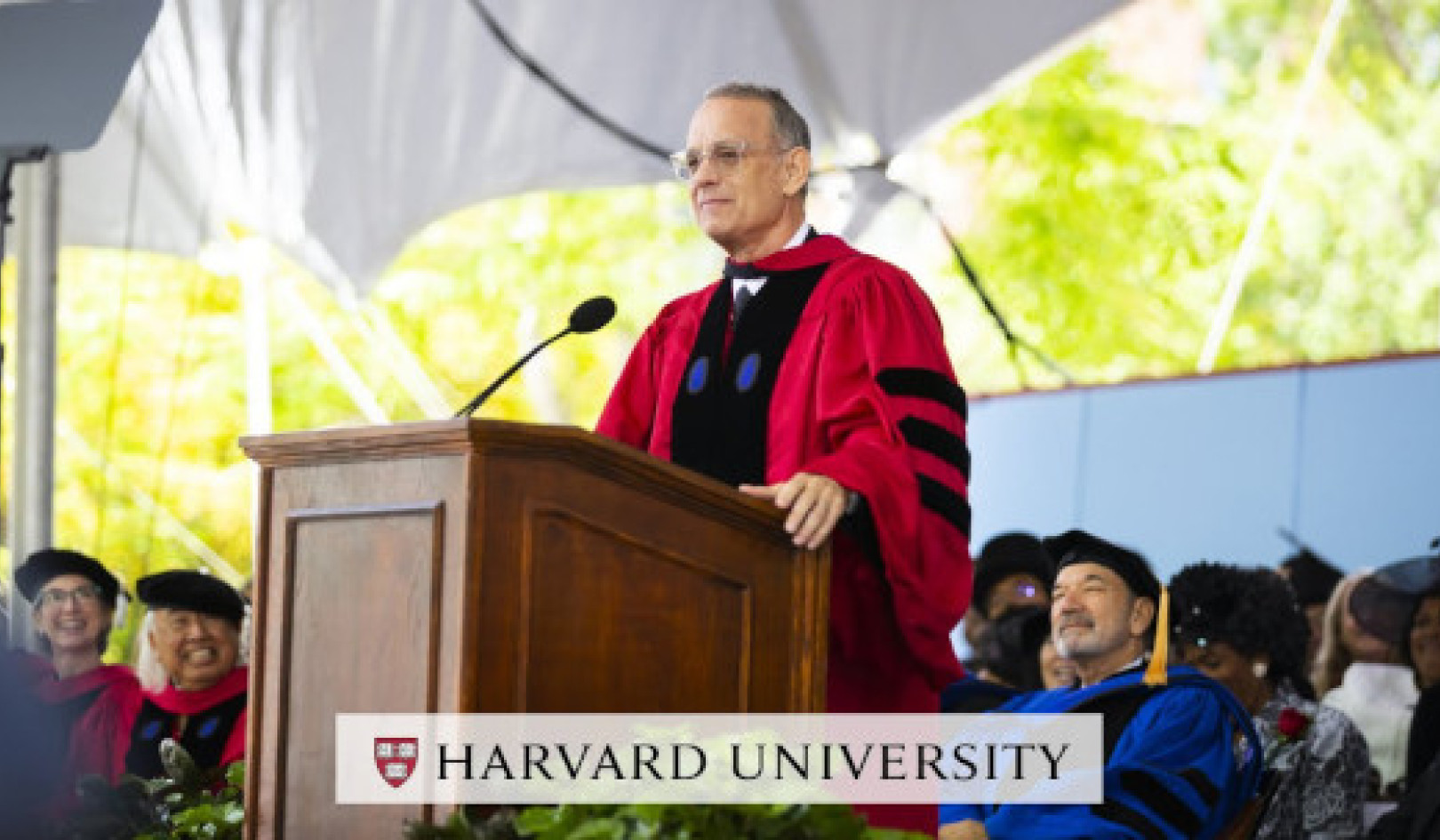
It’s not often you see people over-50 having sex on screen. It’s so rare, in fact, that the sex scenes in 45 Years, the recent film about the approaching anniversary of a retired couple, became one of the main talking points in its coverage.
And yet a sizeable minority of people continue to have active sex lives into their 70s, 80s and even beyond. A recent study found that a third of over-70s had sex at least twice a month. So why do we so often shy away from talking about or portraying something so common?
A report published earlier this year found that those with a sexual partner tended to rate their quality of life as higher than those without one, although some studies have placed greater emphasis on relationship status and social engagement. When I interviewed a number of over-50s about their (heterosexual) sex lives for a qualitative study, I found that many who were still in sexual relationships rated them as very or extremely important.
The reasons for the participants' emphasis on sex included strengthening their relationship with their partners but also pleasure. For some women, sex had improved with age, which they related to feeling more relaxed because they had more sexual experience and no longer feared becoming pregnant.
STIs In Older People
Understanding the importance of sex to many older people has serious health implications. In the past, sexual health campaigns in the UK have focused predominantly on young people, who are more likely to have unintended pregnancies and sexually transmitted infections (STIs). But now a growing body of evidence tells us that older people in developed countries are increasingly diagnosed with STIs.
STIs among the over-45s increased across different diseases between 2009 and 2013, from an 11% increase in genital warts in men aged 45-64, to a 500% increase in syphilis in women aged over 65. The majority of diagnoses of all STIs in the older age groups were in men, but gonorrhoea and syphilis were highest among heterosexual women and men who have sex with men.
As a result, some sexual health campaigns are now being aimed at older people. This year’s Sexual Health Week in the UK is focused on sexual pleasure and well-being – and one of the campaign’s five strands is aimed at educating professionals and the public about the sexual well-being of older people.
Campaigns that promote sexual pleasure are new, even though the idea of incorporating pleasure into sexual health materials is not. Young people in the UK are only just seeing such messages so it’s great that the sexual pleasure of older people is now being recognised too.
But infectious disease is only one factor that can affect pleasure and well-being. Long-term conditions and some sexual difficulties are more likely to be diagnosed in our 50s or later. These include erectile dysfunction, which affects around 30% of men aged 65-74, and uncomfortable vaginal dryness, experienced by 20% of women in the same age group.
Changing Habits
Another potential obstacle to having sex and the pleasure that comes with it is the availability of a partner, which can be a significant issue for older people who have experienced widowhood or ill health. There is evidence that some older people are embracing technology and going online to meet potential partners for a sexual relationship. One survey found that 38% of people aged 50-59 and 37% of those aged 60-69 had met their partners online.
We should perhaps also reconsider what we think about as sexual activity when it comes to older people. For one thing, many older people engage in masturbation for sexual pleasure, countering the notion that it is a sexual act pursued only by the young. But there is also evidence that ideas about what activities count as sexual become broader as we age. For some, actions such as playing footsie under the breakfast table can give the intimacy that sexual activity previously had.
While research into the sexual well-being of older people is growing, there are gaps that wait to be filled, particularly the ways that ageing intersects with gender identity, sexual orientation, social class, disability and ethnic group. Exploring these areas will develop our understanding of sexual pleasure in older age, and better inform services for those to whom sex is important.
About The Author
 Sharron Hinchliff, Senior Lecturer, School of Nursing and Midwifery, University of Sheffield. She has carried out research into gender and health for over 15 years and her particular interests are in the following overlapping areas: ageing, sexuality, sexual and reproductive health, sexual well-being, and the psychology of health behaviours. She has published widely in these areas. For more information see www.sharronhinchliff.com
Sharron Hinchliff, Senior Lecturer, School of Nursing and Midwifery, University of Sheffield. She has carried out research into gender and health for over 15 years and her particular interests are in the following overlapping areas: ageing, sexuality, sexual and reproductive health, sexual well-being, and the psychology of health behaviours. She has published widely in these areas. For more information see www.sharronhinchliff.com
This article was originally published on The Conversation. Read the original article.
Related Book:
at

Thanks for visiting InnerSelf.com, where there are 20,000+ life-altering articles promoting "New Attitudes and New Possibilities." All articles are translated into 30+ languages. Subscribe to InnerSelf Magazine, published weekly, and Marie T Russell's Daily Inspiration. InnerSelf Magazine has been published since 1985.

Thanks for visiting InnerSelf.com, where there are 20,000+ life-altering articles promoting "New Attitudes and New Possibilities." All articles are translated into 30+ languages. Subscribe to InnerSelf Magazine, published weekly, and Marie T Russell's Daily Inspiration. InnerSelf Magazine has been published since 1985.
























